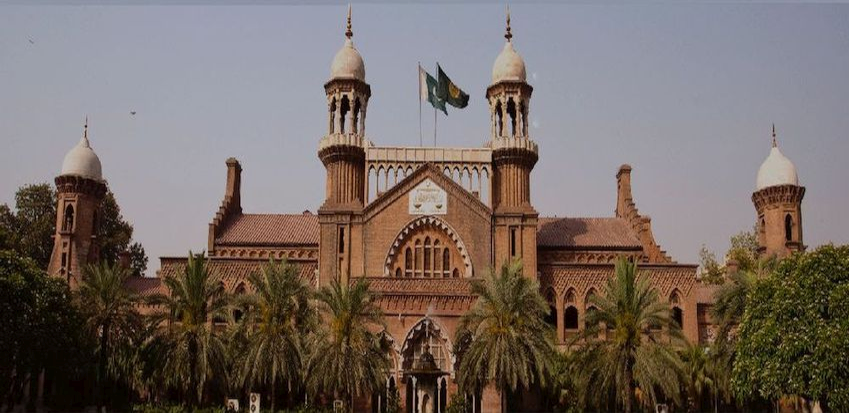The Maintenance could extend beyond the Age of Majority, especially if the sons have not completed Basic Education necessary for Livelihood --- Lahore High Court, Lahore
Islamabad 19-10-2024: In a recent ruling, the Lahore High Court dismissed a constitutional petition filed by Muhammad Imran, who challenged an appellate Court’s decision that obligated him to continue paying maintenance for his adult sons. The case highlights critical legal principles concerning the maintenance of adult children under Islamic law, particularly in the context of education.
The petitioner had sought relief under Article 199 of the Constitution of Pakistan, arguing that his adult sons, who had reached the ages of 20 and 22, were no longer entitled to maintenance. He based his claim on Paragraph 370 of the Principles of Muhammadan Law by D.F. Mulla, which relieves fathers of maintenance duties once sons attain puberty unless they suffer from infirmity or disease. His petition also cited legal precedents, including Mst. Aila Nawaz Vs. Judge Family Court, Khanewal (2018 CLC 241) and Muhammad Riaz Ahmad Vs. Mst. Shaheen Akhtar (PLD 2023 Lahore 317).
Initially, the trial Court had ruled in the petitioner’s favor, striking out the names of his sons from the list of plaintiffs in a suit filed by his ex-wife for maintenance and educational expenses. However, the appellate Court reversed this decision, prompting Imran to file the constitutional petition.
In its judgment, the Lahore High Court upheld the appellate Court’s decision, reaffirming that a father’s obligation to maintain his children can extend beyond the age of majority, especially when they are engaged in education. The Court cited key precedents, including Humayun Hassan Vs. Arslan Humayun (PLD 2013 SC 557), which expands the scope of maintenance to include educational expenses, provided the child has not completed basic education necessary to earn a livelihood.
The Court further ruled that the petitioner’s sons were necessary parties to the suit and that their inclusion was essential for resolving the dispute. It stressed that maintenance could cover not just food and lodging but also expenses related to education and well-being, depending on the family’s social status and financial capacity.
The judgment also addressed the role of the Family Courts under the West Pakistan Family Courts Act, 1964, which has a broader definition of “party” compared to civil Courts. This allowed the appellate Court to keep the sons as plaintiffs in the case.
Ultimately, the Lahore High Court found no irregularity or jurisdictional defect in the appellate Court’s ruling, and the petition was dismissed.
This ruling reinforces the evolving legal stance on parental obligations for adult children in Pakistan, especially in cases involving education. The judgment sets an important precedent for family law cases, particularly in the interpretation of maintenance laws under Islamic jurisprudence.








